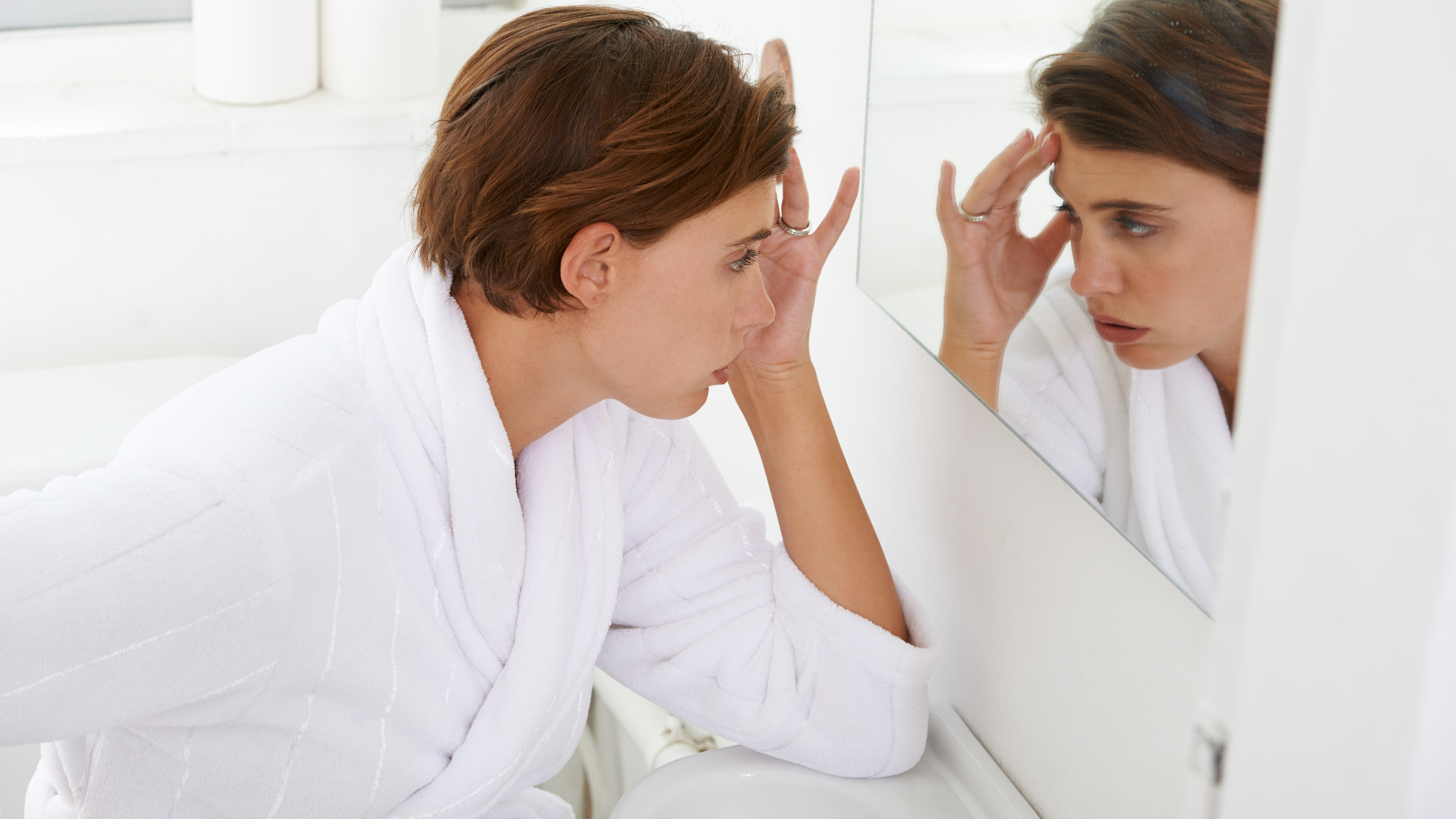When feeling under the weather, we often seek out remedies that provide quick relief and comfort. Among these, the idea of taking a cold shower might seem counterintuitive. However, this practice has garnered attention for its potential health benefits and risks. In this article, we delve into the science behind cold showers, especially when you're sick, to help you make an informed decision about this unconventional method.
What Happens to Your Body When You're Sick

Illness triggers a range of responses in the body. Common symptoms include fever, fatigue, and inflammation, all of which are the body's way of fighting off pathogens. Understanding how your body reacts to illness is crucial for determining the best course of action for recovery. The goal is to support your body's natural healing process without inadvertently causing additional stress or harm.
The Science Behind Cold Showers

Cold exposure, such as taking a cold shower, activates the body's sympathetic nervous system, leading to an increase in heart rate and blood pressure. This can result in a boost to your immune system by increasing the circulation of immune cells. However, the effects vary significantly depending on individual health, the nature of the illness, and the duration of cold exposure.
Pros of Taking a Cold Shower While Sick
-
Boosts Circulation:
Cold water can enhance blood flow, potentially aiding in the elimination of toxins. -
Enhances Immune Response:
Some studies suggest cold exposure can stimulate the immune system. -
Mental Clarity:
Cold showers might offer a refreshing and invigorating experience, improving mood and mental alertness.
These benefits, while promising, should be weighed carefully against the nature of your illness and overall health condition.
Cons and Risks of Cold Showers When Ill
-
Can Worsen Symptoms:
For certain illnesses, especially those involving respiratory issues, cold showers might exacerbate symptoms. -
Risk of Hypothermia:
When the body is already fighting an infection, it may be less capable of regulating temperature, leading to a risk of hypothermia. -
Stress on the Heart:
The shock of cold water can cause undue stress on the heart, particularly in those with pre-existing heart conditions.
Medical professionals often advise caution, suggesting that individuals with certain health conditions or severe illnesses avoid cold showers.
Tips for Taking a Cold Shower Safely When Sick
-
Start Gradually:
Begin with lukewarm water and gradually decrease the temperature. -
Limit Duration:
Keep cold showers brief to reduce stress on the body. -
Monitor Your Body's Response:
Pay attention to how you feel during and after the shower. -
Avoid If High Risk:
Individuals with heart conditions, severe illness, or respiratory issues should avoid cold showers.
Conclusion
Taking a cold shower when sick can have both potential benefits and risks. It's important to consider your specific health situation and consult with a healthcare professional if necessary. Remember, what works for one person may not be suitable for another. By understanding the science behind cold showers and listening to your body, you can make an informed decision that prioritizes your health and well-being.
Looking for more wellness tips and curious about sauna use? Check out our latest Sweat Decks blogs for more Health and Wellness tips


Share:
Does Sauna Help with Diabetes
Understanding the Disadvantages of Sauna